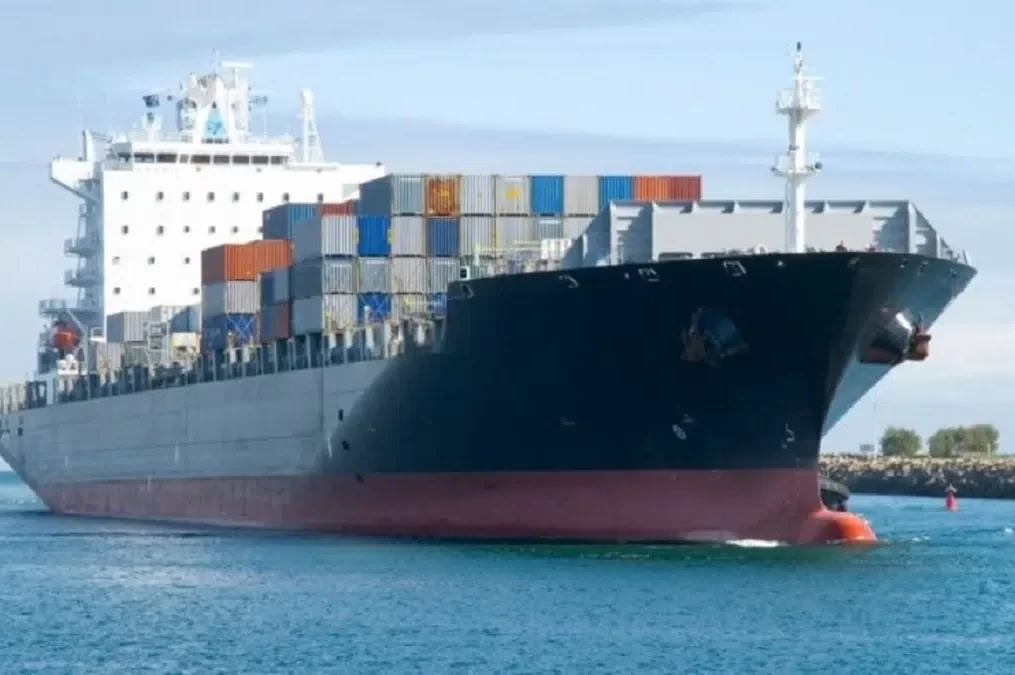FG slashes extortion of shipping firms by 79%
The strict joint boarding and inspection regime overseen by the Port Standing Task Team (PSTT) in the last two years have not only improved compliance to Standard Operating Procedures (SOPs) and Nigerian Port Process Manual (NPPM) timelines in the port industry but has also improved transparency in vessel clearance processes.
Issue
For instance, the port industry has recorded about 528 cases of corrupt demands by port officials between 2019 and 2022 as timely intervention and resolution by Nigerian Shippers’ Council (NSC) through the Port Service Support Portal (PSSP) and help desk has made some complaints drop from a total of 266 in 2019 to 125 cases in 2020; 81 cases in 2021 and 56 cases in 2022, leading to reduction of extortion and other sharp practices by 79 per cent. According to the Programme Director at CBi Nigeria, Mr Emmanuel Bosah, seaports were, in many cases, the most corrupt place in the maritime value chain. He said: “Every day, vessels and cargoes enter ports and the processes involve numerous stakeholders, resulting in multiple interactions with port officials. This provides ample opportunities for corruption, especially where port officials enjoy broad discretionary powers.” Furthermore, he noted that the ports were an administrative monopoly over an essential public service that businesses depend on to function, saying that this has however, created breeding ground for ‘coercive’ corruption, where port officials extract bribes from port users for performing routine processes during vessel and cargo clearance. Bosah explained that such corruption constituted an additional cost on businesses and increased the cost of trade, while reducing efficiency and productivity and increasing inequalities in port operations. As part of its support to Federal Government’s port reform initiative, he stressed the need for integrity as essential tool in promoting port sector development, international trade through Nigeria and a more inclusive economy where port stakeholders enjoy a level playing field to conduct their business affairs. Therefore, he explained that improving integrity in port operations required elements that constitute a comprehensive approach that addresses both institutional and procedural challenges. In achieving integrity in the port sector, the director said that standard setting was key in promoting integrity, noting that the institution of transparent and digitally accessible Standard Operating Procedures (SOPs) that covers the activities of all Nigerian port agencies, including the introduction of the Nigerian Port Process Manual (NPPM), had been critical and catalytic to efficient and transparent port operations.
Cost moderation
As part of its mandate to reduce corruption and promote trade facilitation, the Executive Secretary of NSC, Hon Emmanuel Jime, noted that the council had embarked on cost moderating exercise by constantly engaging the service providers to ensure that their tariffs and charges are not arbitrarily fixed. He added that council had set operational standards for the regulated services providers at the ports and established machineries for monitoring and compliance.
Registration
He explained that NSC had embarked on the registration of the regulated service providers and users as stipulated in the regulations. The executive secretary added that the various sections of the port economic regulation 2015 had adequately provided NSC with sufficient power to monitor and enforce its regulatory mandate for compliance by the various players. Jime said: “Our resolve to collaborate with the FCPCC is to explore avenues towards strengthening the enforcement of the mandates of the two agencies (NSC and FCPCC). Working together, we will be sharing information, carrying out investigations and enforcement together etc. on issues that one agency may not adequately handle alone. “As a way of developing the Consumer Protection Regime (CPR) framework, today’s exercise will aim to: ascertain the challenges of various regulated service providers and users and to propose solutions that may form the inputs for developing guidelines in Consumer Protection Regime (CPR) to achieve seamless operations with little or no infringements of rights.” Issues According to him, the sector as at today looks as if there was chaos everywhere, noting that when the consumers protection right becomes fully operational, government would be expecting a change of behavior in the conduct of shipping and ports business in the country. Integrity ratings Also, Bosah said that the CBi had developed a National Port Integrity Ratings Index as an important integrity measure from assessing efficiency and effectiveness of vessel and cargo clearance procedures at various ports and terminals in Nigeria, noting that that the rating was based on data generated from vessel captains and other port users. He added: “The ratings index, which is planned for launch in the last quarter of 2023, is designed to benchmark and track relative levels of compliance and performance of ports and terminals in Nigeria in order to promote competition based on service quality among port and terminal concessionaires and encourage a culture of performance and integrity in the port sector.
Help desk
Moreso, the director noted that before the help desk’s operation, case resolution typically took between seven and 10 days, thereby creating opportunities for unscrupulous officials to exploit port users keen to avoid the financial burden that comes with such delays. For a ship owner, this translates to a significant drop by 87 per cent in the operational costs of delayed departure and processing paper work from approximately $150,000 to $20,000 per port call.
Last line
The port sector should create a management framework that will act as a safeguard against misconduct and reinforce key values in port operations that promote integrity and ethical practices.
Post Views: 220
